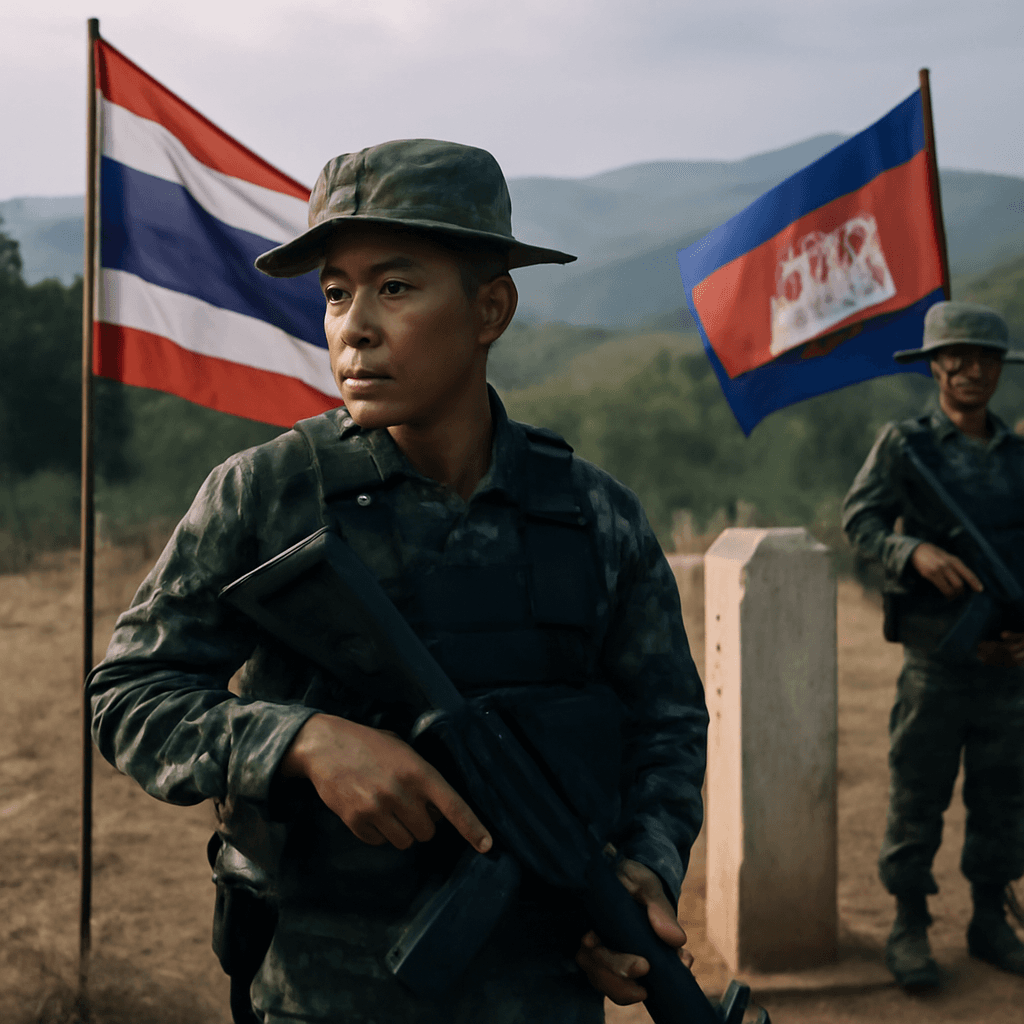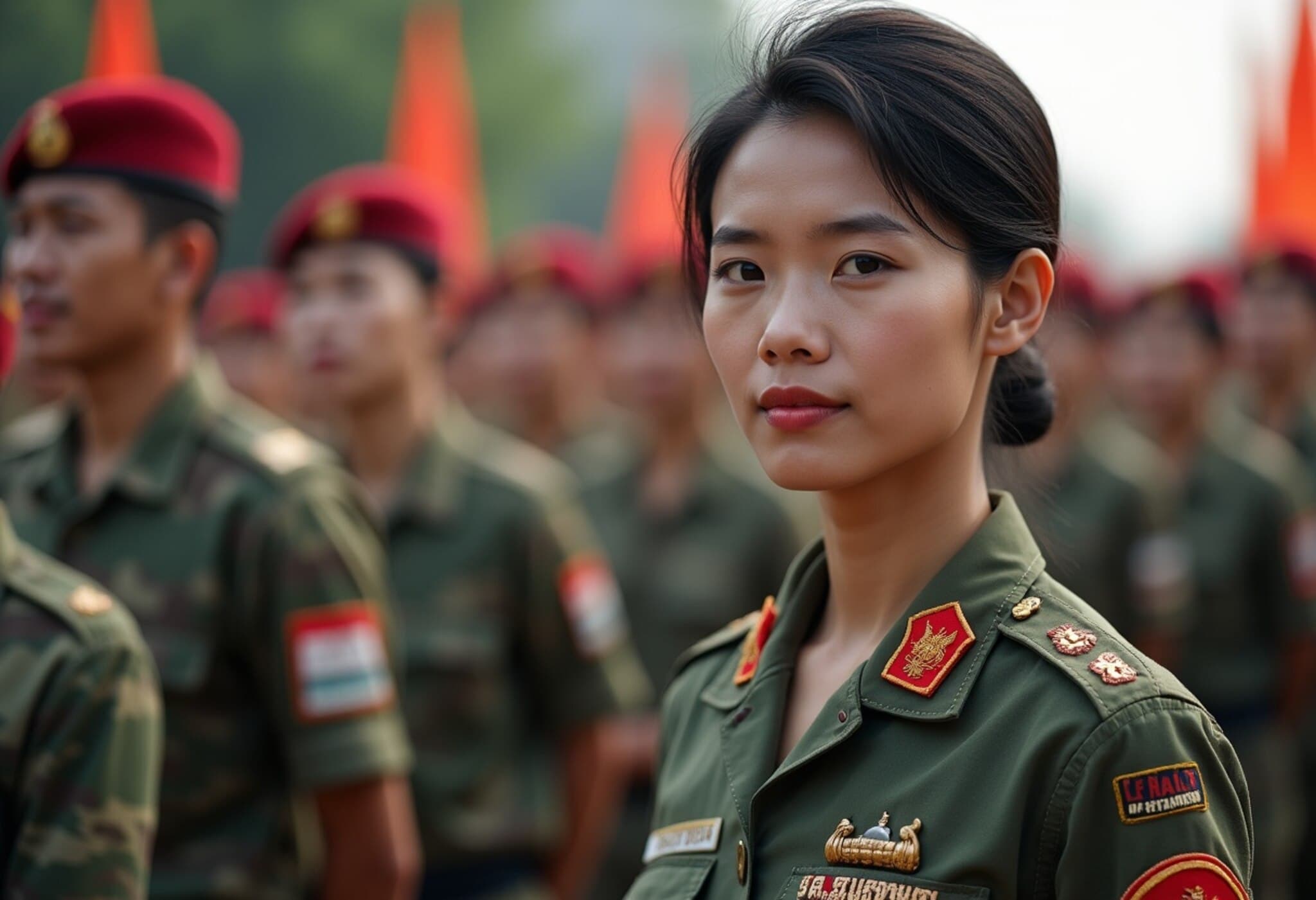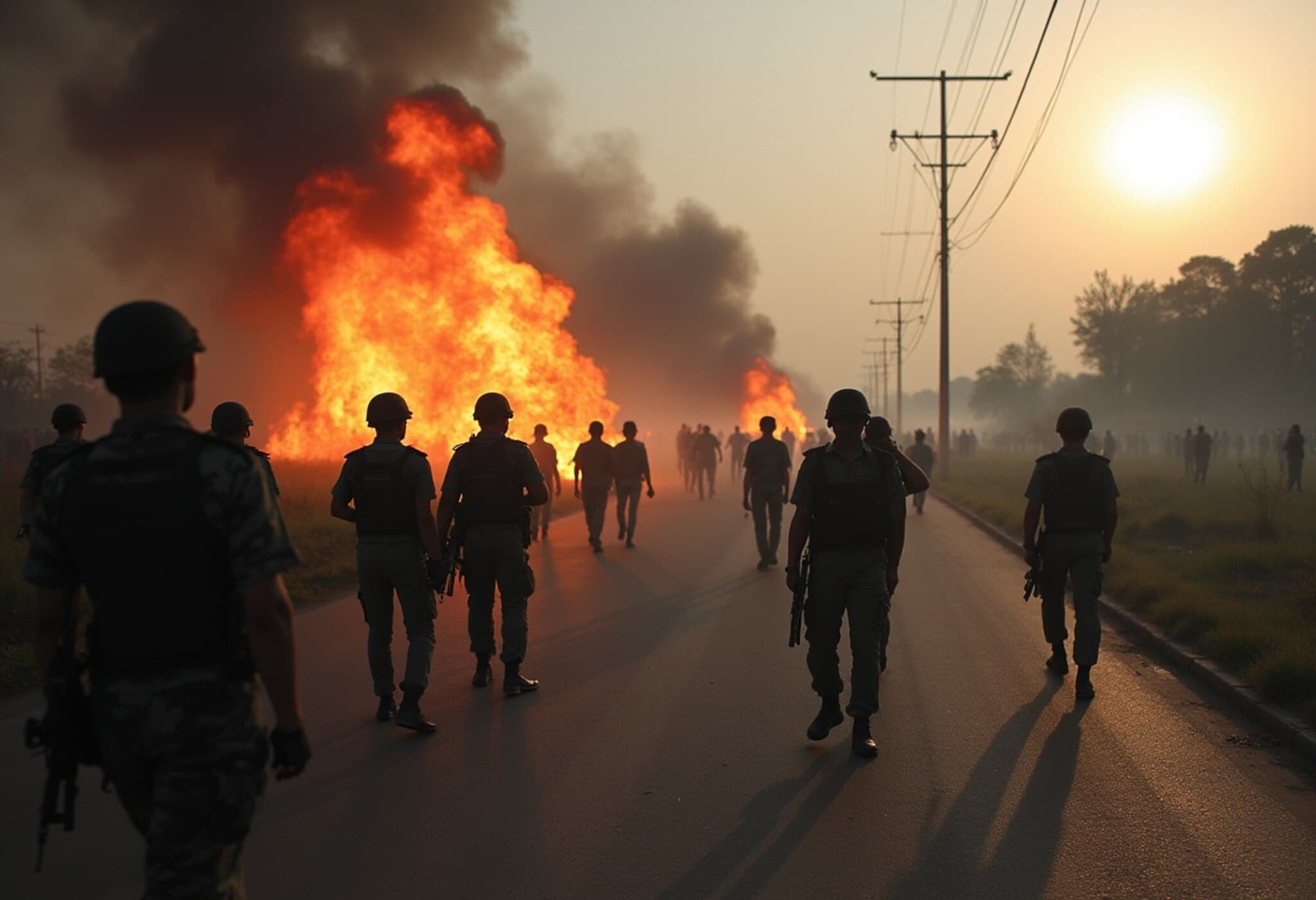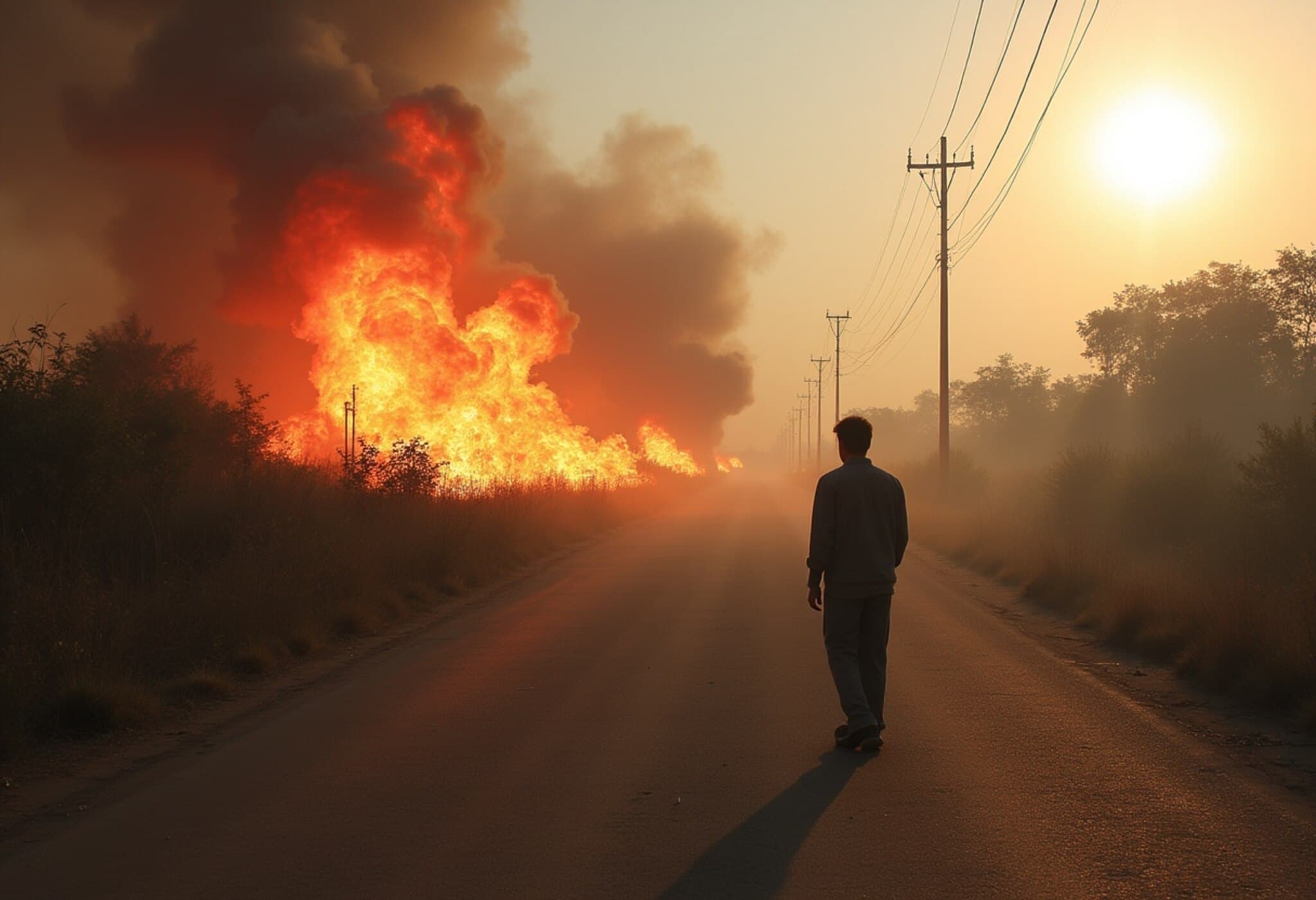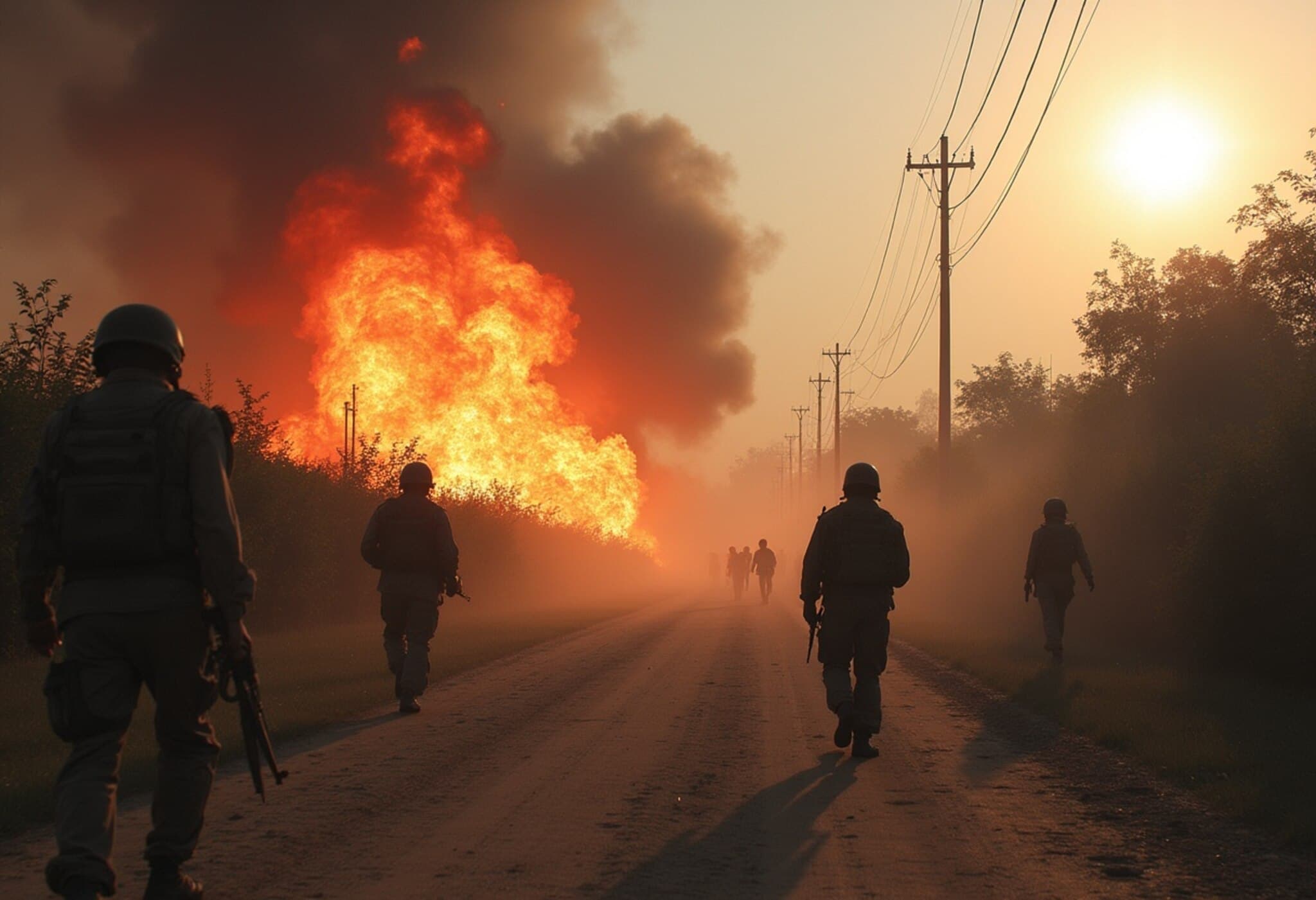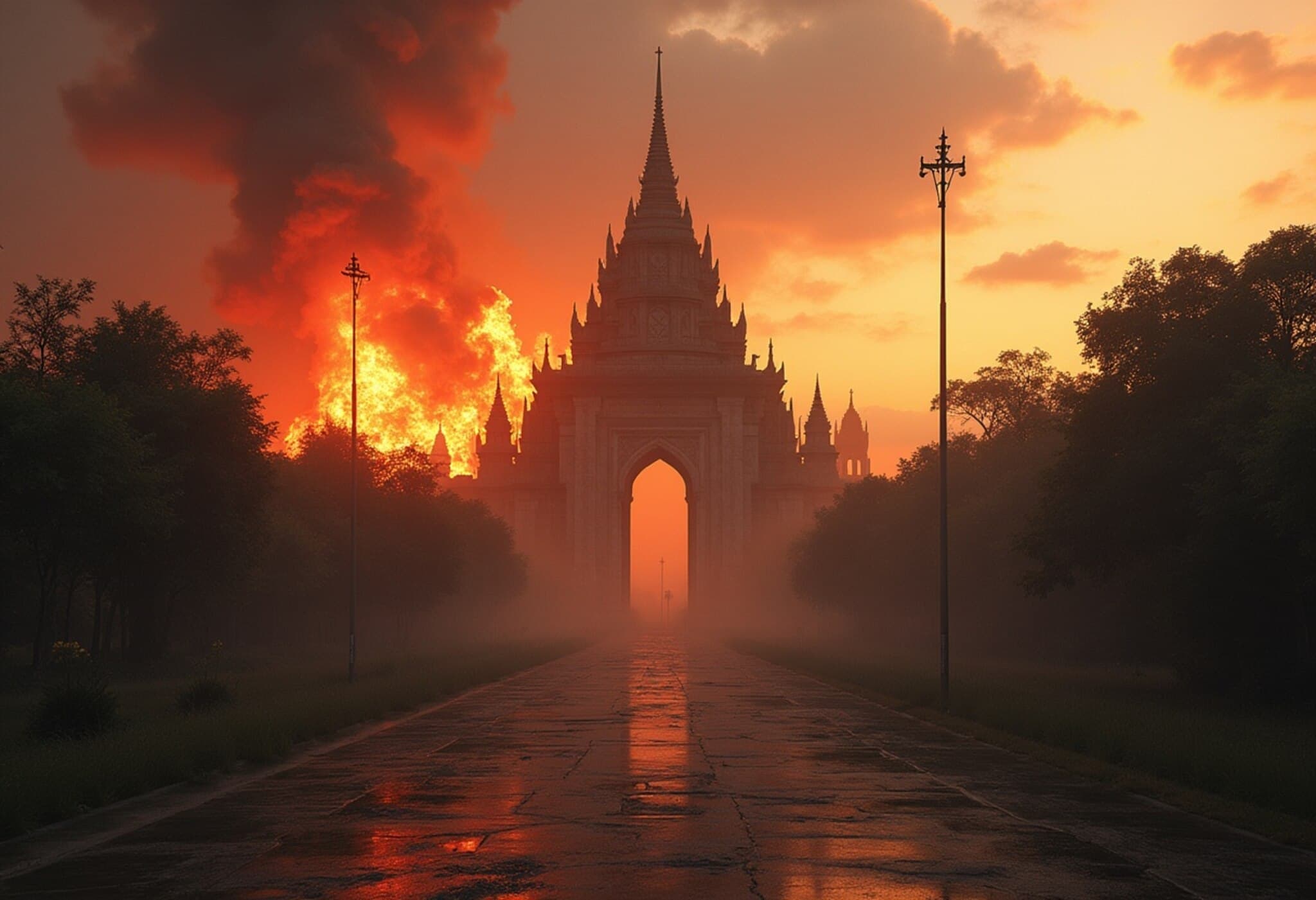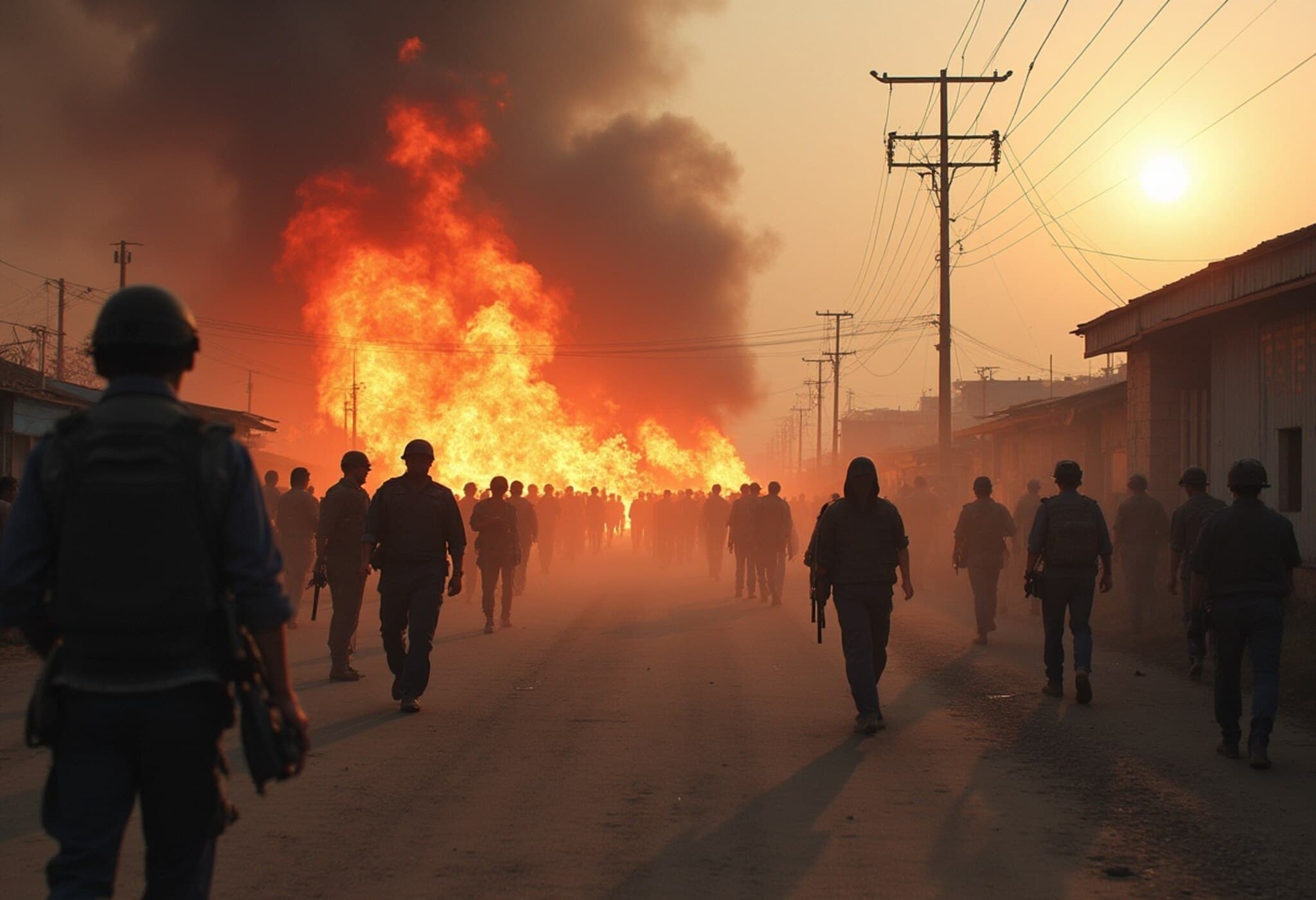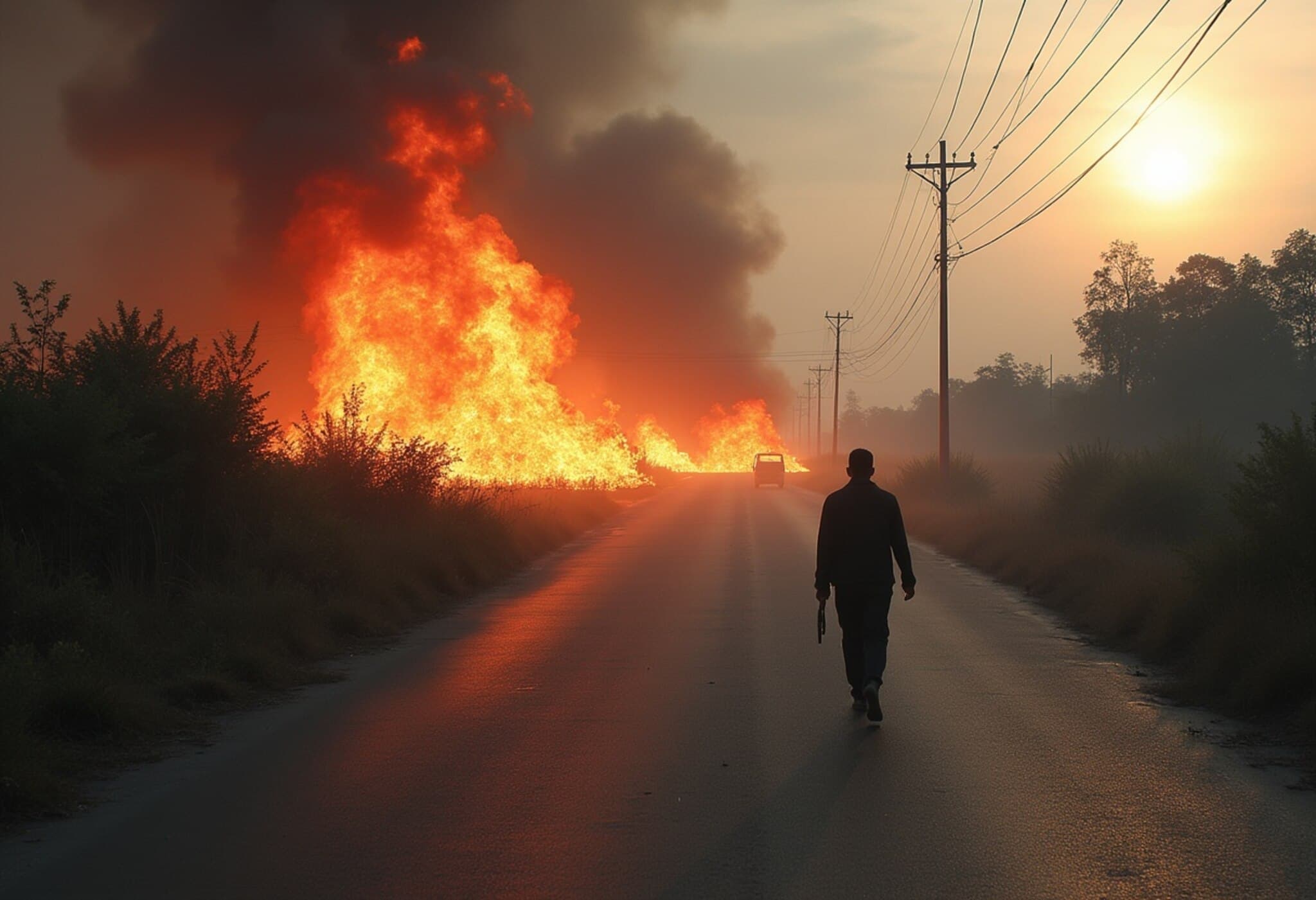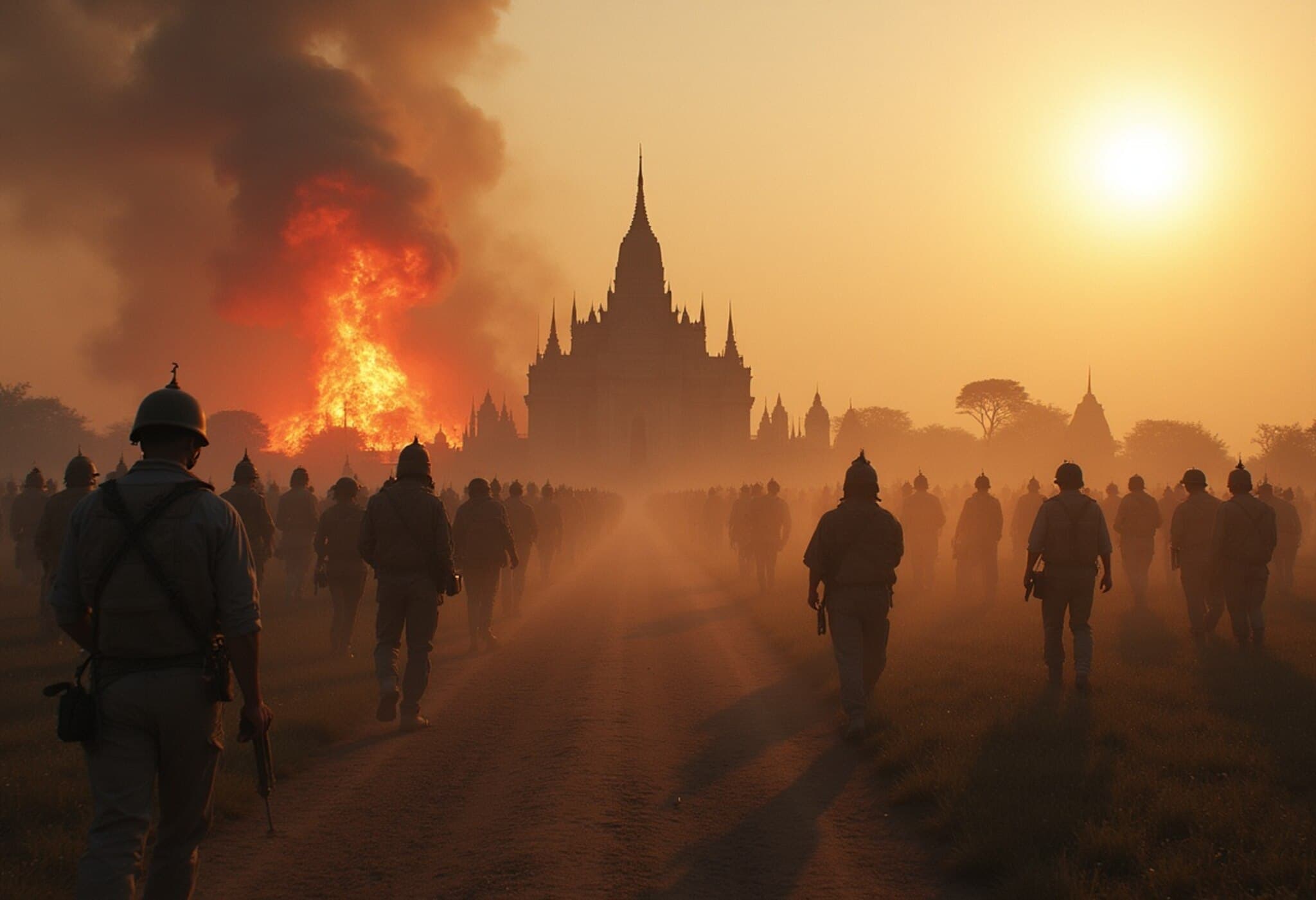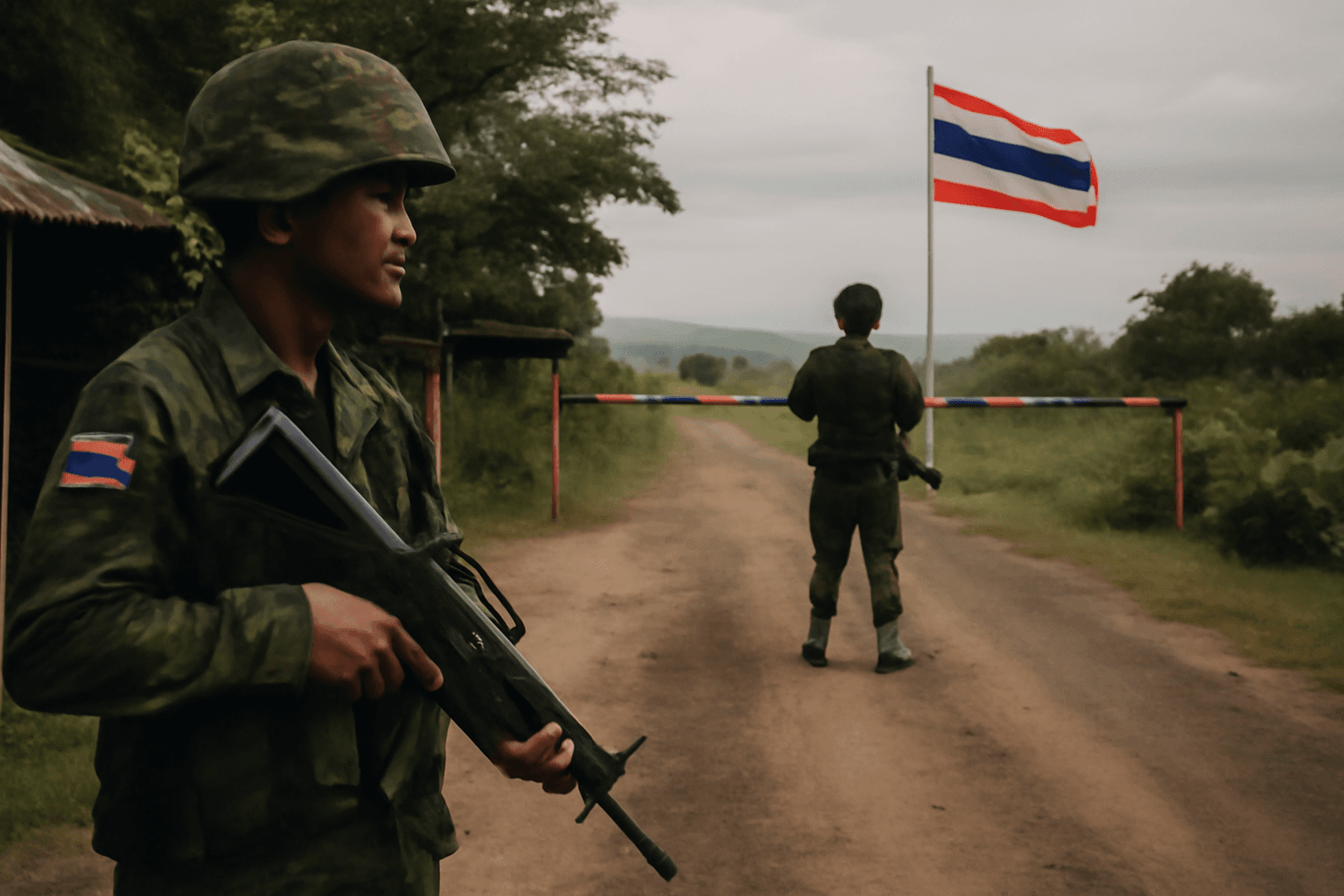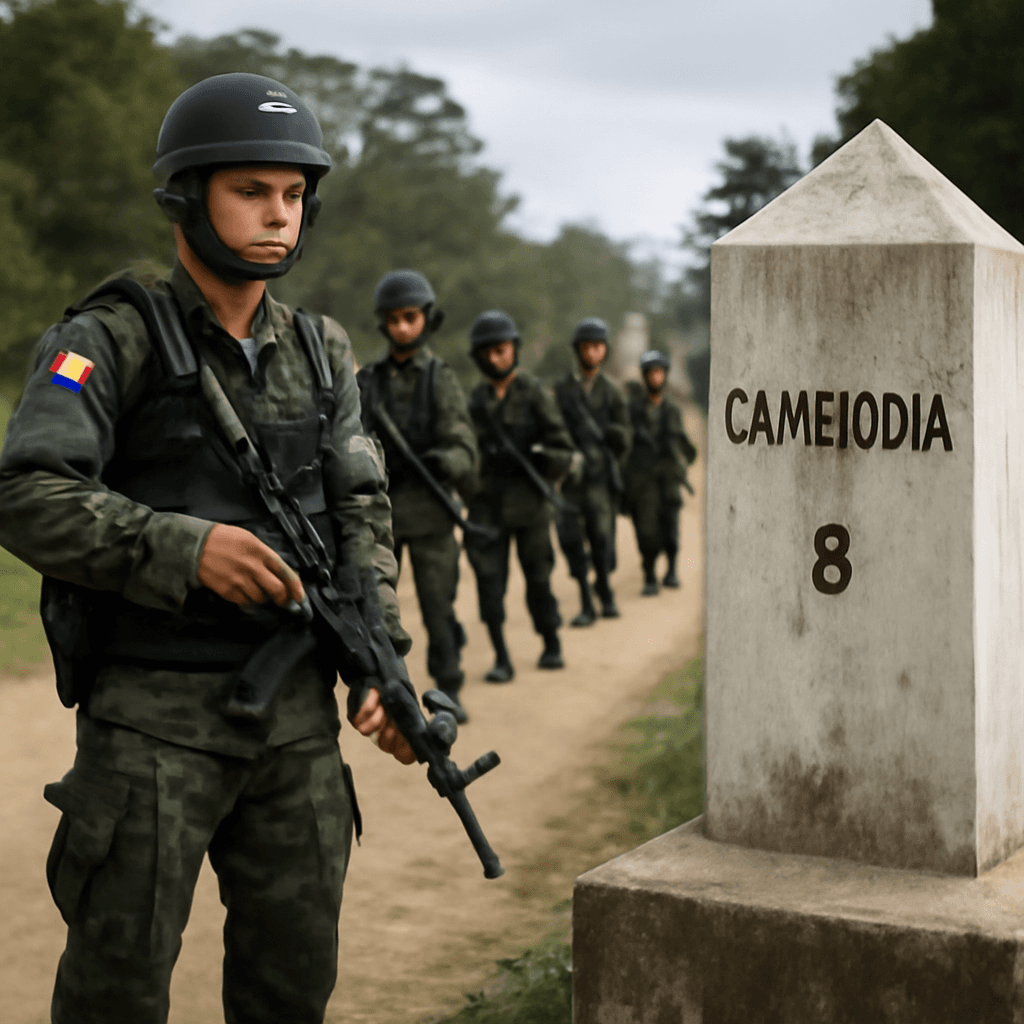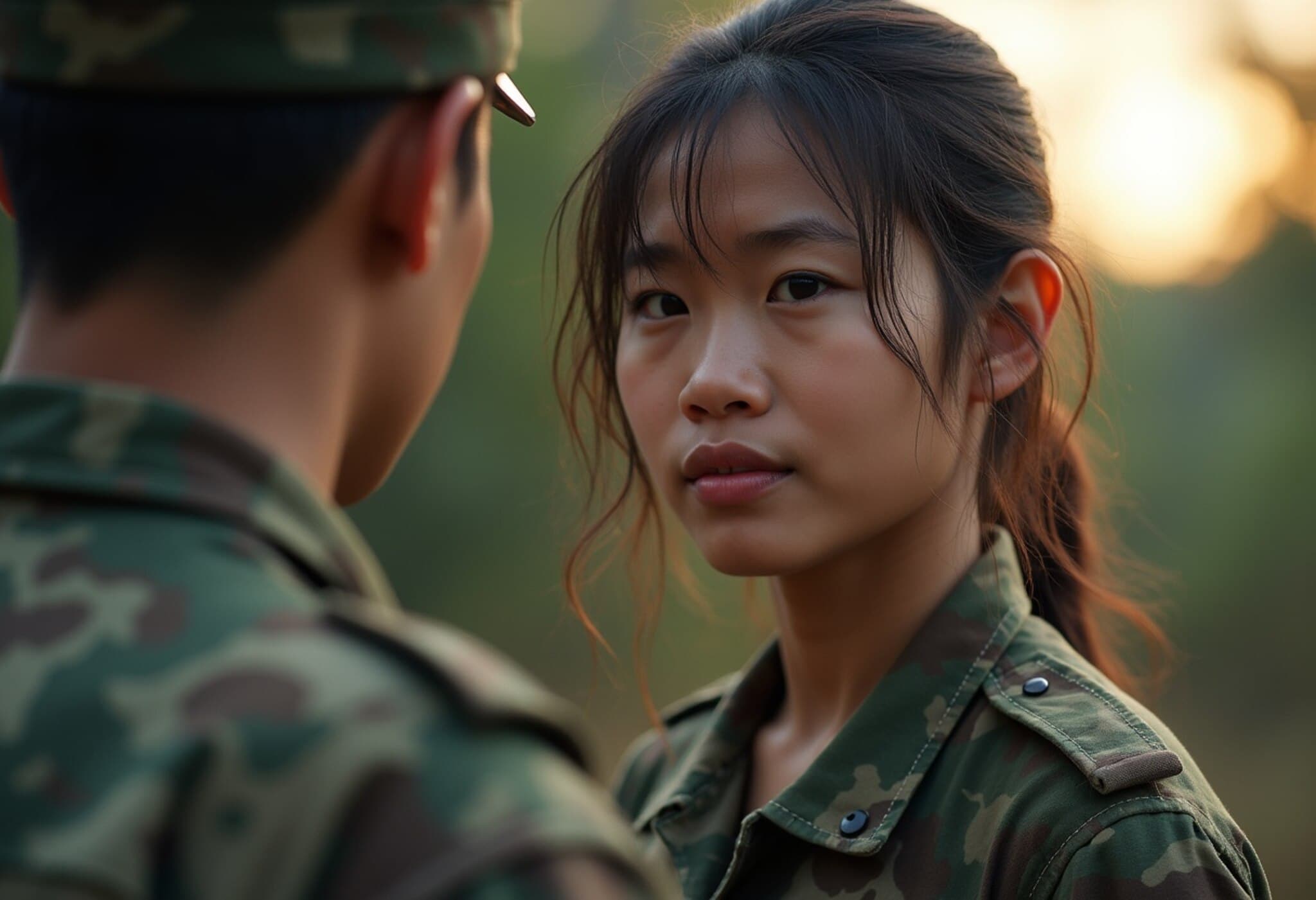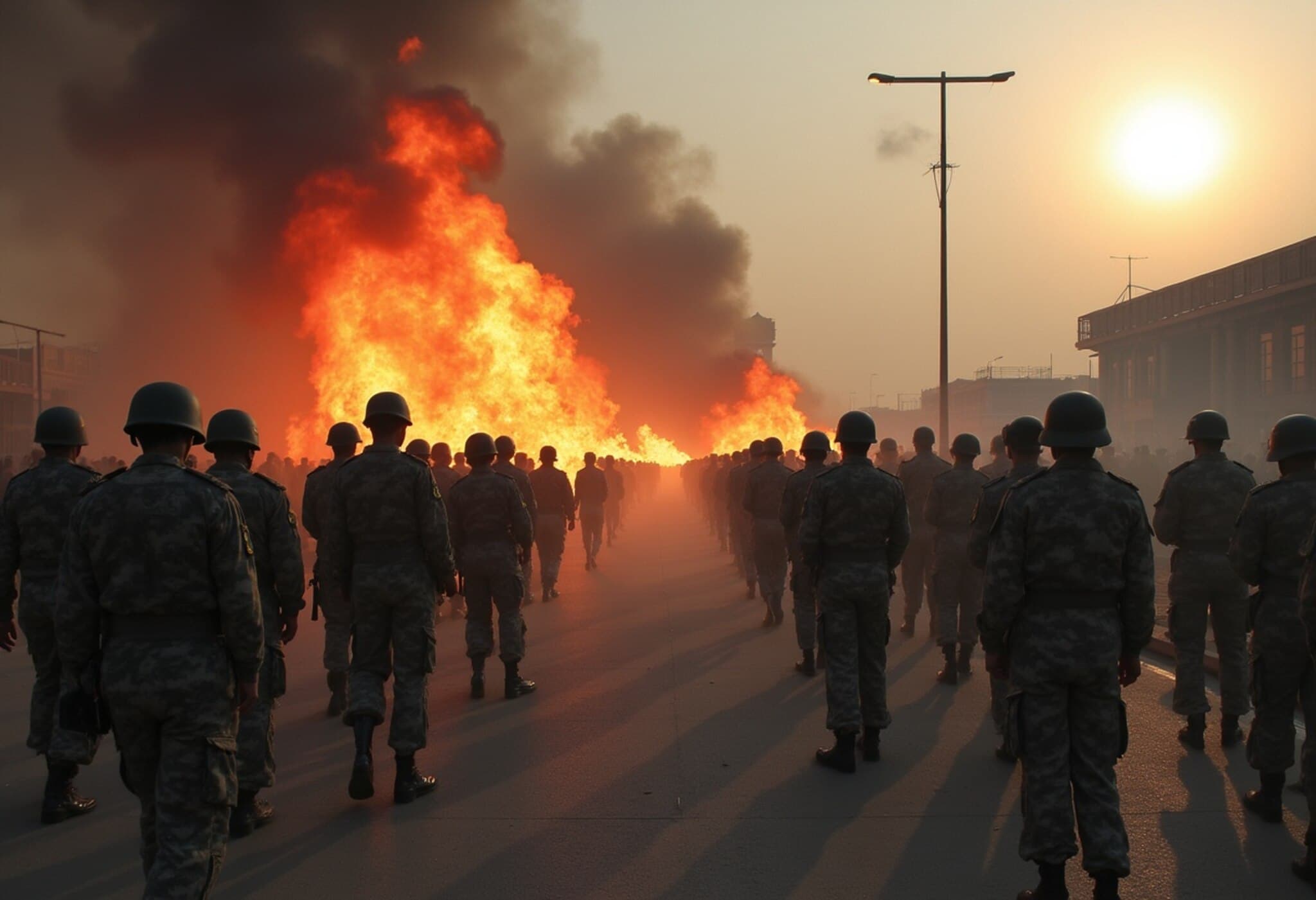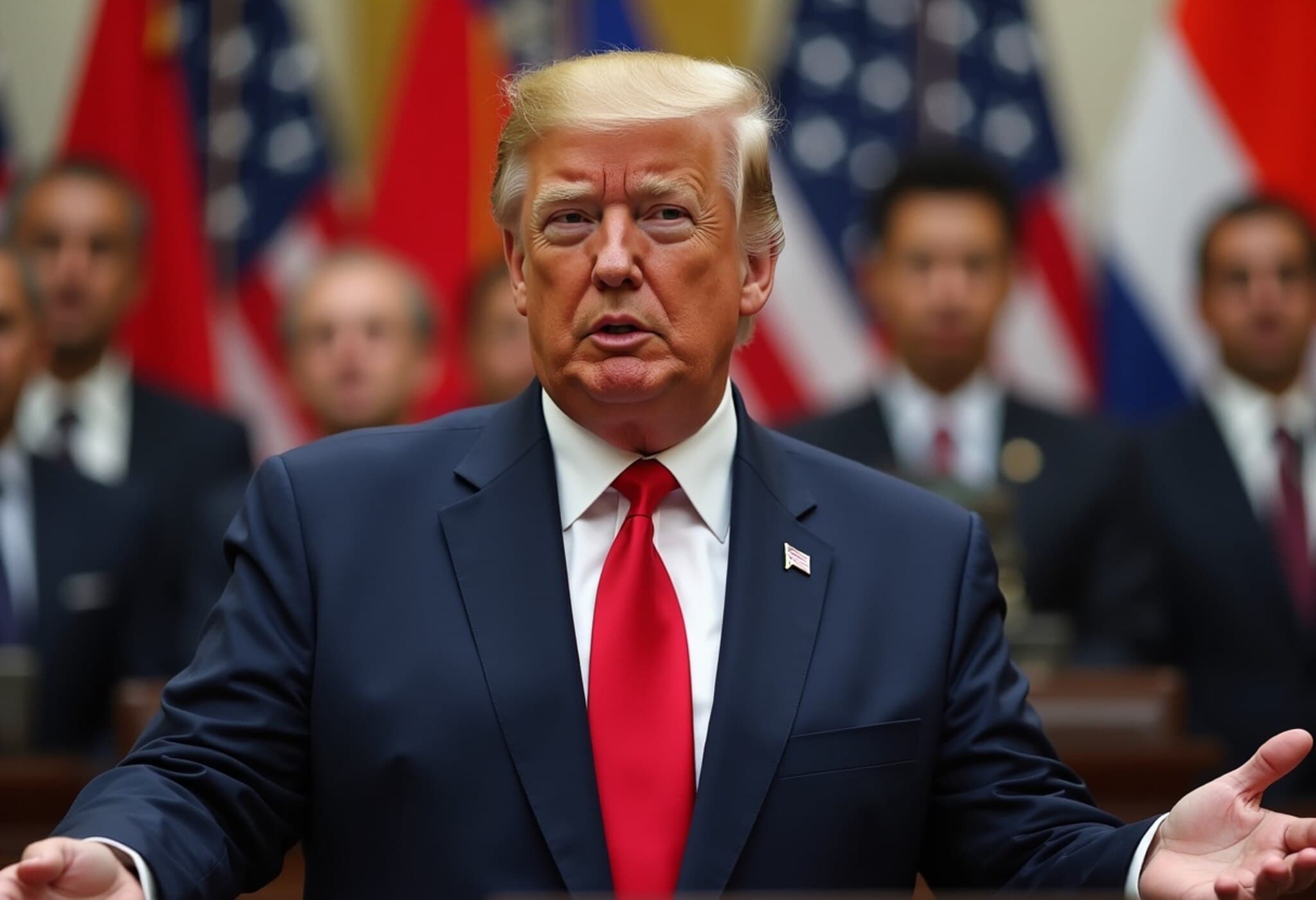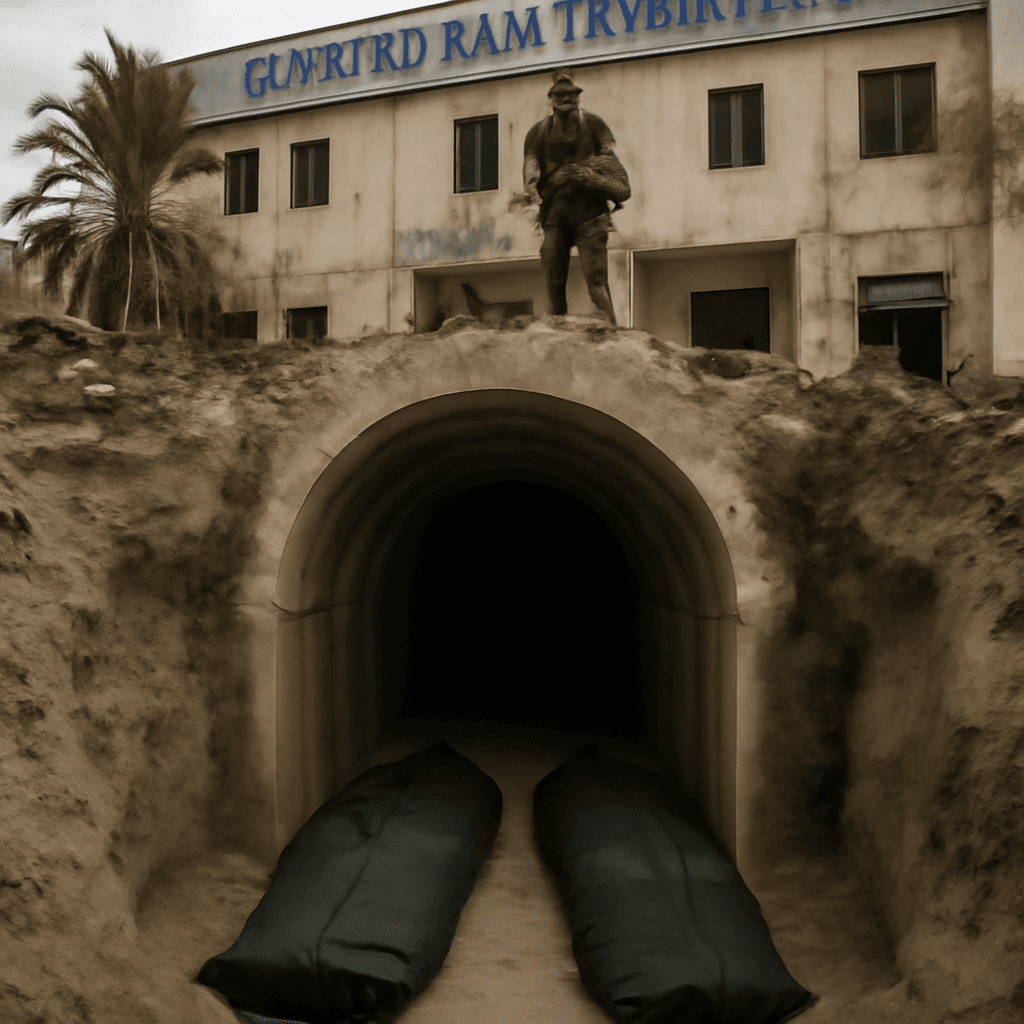Historic Border Dispute Spurs Cambodia-Thailand Troop Withdrawal
Thailand and Cambodia have taken a significant step toward easing recent tensions by agreeing to pull back troops to previous positions following a deadly confrontation along their disputed border. The clash, which occurred on May 28, resulted in the death of a Cambodian soldier and sparked a brief exchange of gunfire between the two countries’ forces.
Background of the Dispute
The two nations share an 817-kilometer (508-mile) border, much of which was originally mapped by French colonial authorities in 1907 during Cambodia’s time under colonial rule. This complicated legacy has fueled multiple disagreements over territory for decades, with periodic flare-ups of violence.
A Return to Earlier Positions
Following productive discussions involving Cambodian and Thai officials, including Thailand’s Defense Minister Phumtham Wechayachai, both countries committed to reposition troops according to the terms set in a 2024 agreement. Although exact troop deployments were not publicly disclosed, the move represents a mutual effort to defuse the situation and restore stability along the contested frontier.
Diplomatic Efforts Intensify
In the days after the confrontation, both governments stressed their dedication to peaceful resolution. Thailand’s Phumtham emphasized ongoing efforts to calm tensions, while the Joint Boundary Committee is scheduled for a meeting on June 14 to further discuss border issues.
Calls for Legal Resolution Amid Ongoing Disputes
Meanwhile, Cambodia has urged the matter be presented before the International Court of Justice (ICJ). Cambodian Foreign Minister Prak Sokhonn articulated that the dispute’s deep-rooted historical and sensitive nature requires a legal framework to ensure a fair and lasting settlement.
“Bilateral dialogue alone may no longer suffice to reach a comprehensive solution. The ICJ’s impartial decision would provide a durable resolution grounded in international law,” he stated.
However, Thailand rejects international arbitration, insisting that all boundary matters be resolved through direct bilateral talks.
Recurring Tensions Mirror Past Clashes
This latest episode echoes previous conflicts, notably the protracted dispute over an 11th-century Hindu temple that escalated between 2008 and 2011, resulting in multiple fatalities and artillery exchanges.
In response to the current unrest, Thailand has limited operations at 10 official border crossings with Cambodia, including the busiest checkpoint in Sa Kaeo province. Operating hours have been reduced to 8 a.m. – 4 p.m., signaling heightened security concerns.
Political Context and Future Prospects
These tensions emerge amid shifts in leadership for both nations. Formerly amicable relations linked to ties between Thailand’s ex-Prime Minister Thaksin Shinawatra and Cambodia’s long-standing leader Hun Sen now face new dynamics under their successors — Thaksin’s daughter Paetongtarn Shinawatra and Hun Sen’s son Hun Manet.
Despite the challenges, both governments reaffirm their commitment to sustaining diplomatic dialogue. The outcome of the upcoming boundary talks will be a critical test of this new generation’s capacity to resolve lingering disputes peacefully.

